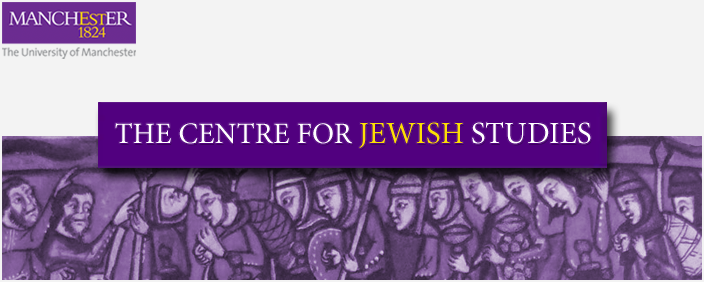Lewis Namier: Zionism and Manchester University
 Lewis Namier had first been impressed with Chaim Weizmann at the 14th Zionist Congress (Vienna, 1925). He came to believe that a Jewish homeland in Palestine should be supported by the Government. As ‘the Seventh Dominion’, he argued, it would secure British interests in the Middle East. A clever man, Namier was also abrasive, and his unpopularity in the English Zionist Federation meant that he never became a member of the Zionist Executive. Nevertheless, from his time in the Foreign Office he had developed important contacts, and as an advisor and administrator for Weizmann he was indispensable to the Zionist movement.
Lewis Namier had first been impressed with Chaim Weizmann at the 14th Zionist Congress (Vienna, 1925). He came to believe that a Jewish homeland in Palestine should be supported by the Government. As ‘the Seventh Dominion’, he argued, it would secure British interests in the Middle East. A clever man, Namier was also abrasive, and his unpopularity in the English Zionist Federation meant that he never became a member of the Zionist Executive. Nevertheless, from his time in the Foreign Office he had developed important contacts, and as an advisor and administrator for Weizmann he was indispensable to the Zionist movement.
Namier received an unexpected offer in November 1930 of a Chair of Modern History at the University of Manchester. He remained in that position until his retirement in 1953, although he resented belonging to a provincial university and always refused to accept his tenure there as permanent. As he wrote in 1943,
"Practically all my books I have brought to this office and put them at the bottom of the cupboard where certainly the greater part will rest until I go to Manchester, or if fate is kind to me, till I move to Oxford or Cambridge, or faute de mieux, to London University."
(Namier - Blanche Elizabeth Cambell-Balfour, August 1943)
Busy with his historical research and with Zionist duties, Namier resented university administration; a colleague recollects him demanding "What have others got to do with their time?"
By March 1933, Namier had created a Manchester Academic Society, the prime aim of which was to place German academics who had escaped Nazi Germany in British university establishments. In theory, the plan was to be financed by Jewish funds and by the charity of Manchester businessmen. In practice, the money was not forth-coming, and the University authorities became increasingly nervous about taking on the responsibility of foreign academics; Namier had to promise to find each of them a place away from Manchester after their first year. The plan barely left the ground.
The period from 1936 until 1945 was Namier’s most active time as a Zionist. The University gradually adjusted his time-table until in 1939 he was seconded to the Jewish Agency for war-time work. From the time of the Arab riots in 1936, one his most important roles was supplying Crozier, editor of the Manchester Guardian, with secret reports of his meetings with cabinet ministers and officials in both the Government and in the Palestinian Administration.
Another of Namier’s contributions was his fierce championing of a Jewish Fighting Force. From before he arrived in Manchester, he had been obsessed with the idea that "settlers [in Palestine] must be capable of defending themselves and ought as soon as possible to relieve the British army of occupation." (Sept 1919). He was heavily involved in negotiating with the British Government for the Jewish Fighting Force, even down to discussing matters such as the flags, badges, national anthems, and status of rabbis in the Jewish units.
See:
Norman Rose, Lewis Namier & Zionism (Oxford: Clarendon Press, 1980).
__________________________
IMAGE AND DOCUMENT CREDITS: Lewis Namier (R Pares & AJP Taylor, Essays Presented to Sir Lewis Namier) Full reference: Sources.



